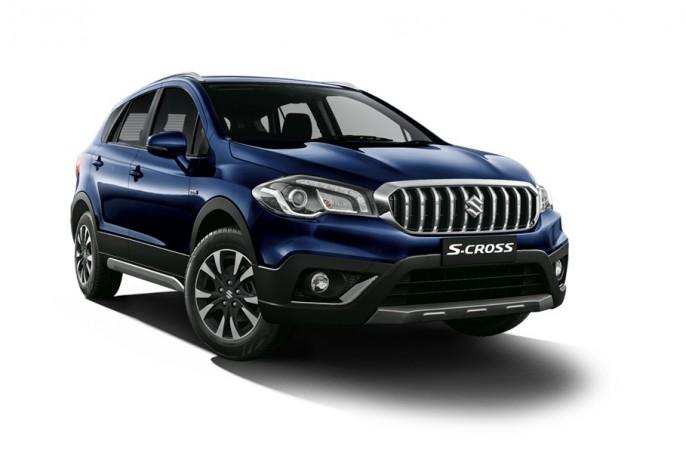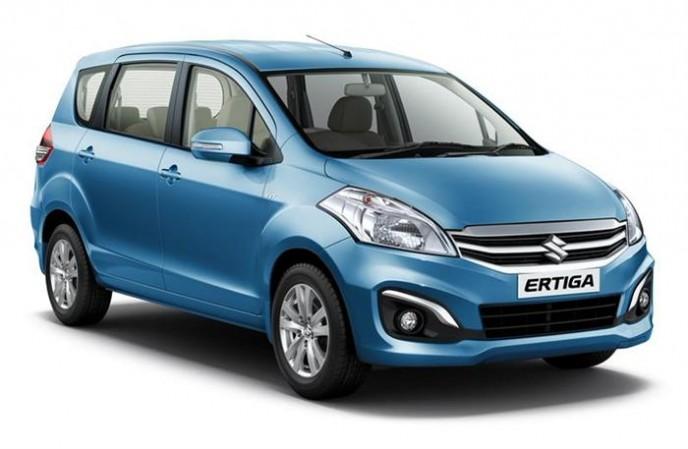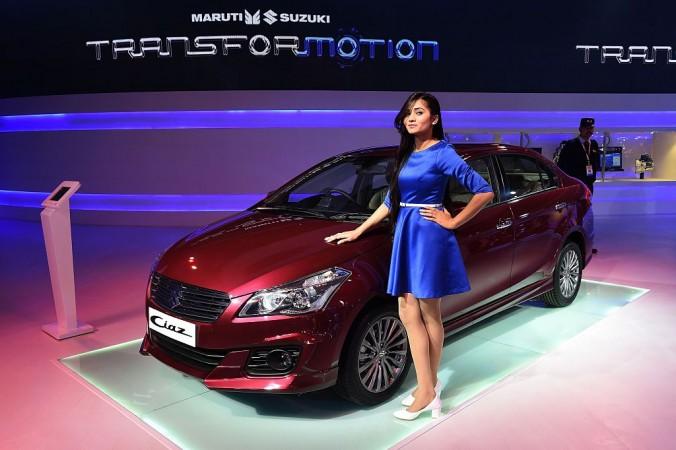
The Indian hybrid car segment has been affected gravely owing to the implementation of Goods and Services Tax (GST) which has disappointed the car-makers as well as buyers. The higher taxation on hybrid vehicles after GST is forcing the carmaker in India to ditch their hybrid models and Maruti Suzuki is the latest one to abandon its plans for the hybrid models after Mahindra and Hyundai.
Maruti Suzuki, the country's largest carmaker is not keen to ride the hybrid cars bandwagon. The clearest indication comes after the company deferred the launch of its fully hybrid model –the S-Cross. Maruti Suzuki launched the new S-Cross facelift in India last year and reportedly had plans to launch the S-Cross hybrid as its first fully-hybrid model by 2019. The S-Cross is currently being offered with smart hybrid technology. The DDiS 200 diesel engine in the S-Cross comes paired with an Integrated Starter Generator (ISG).

Now a report in MoneyControl says that the higher taxation on hybrid vehicles after GST has forced Maruti Suzuki to rethink about its hybrid models. While the launch of the S-Cross full-Hybrid hangs in doubt, the report also says that the mild-Hybrid technology, which is currently offered in the Ertiga MPV and Ciaz premium sedan, might also be discontinued. Maruti Suzuki is expected to launch new facelifted versions of the Ciaz and Ertiga by the end of this year. From the look of the things, the SHVS (Smart Hybrid Vehicle by Suzuki) technology in these models could make the way out in their new avatars.
Under the GST regime, hybrid vehicles are taxed at the highest rate of 28 percent with an additional 15 percent cess, taking the total to 43 percent. This makes the hybrid models as expensive as luxury diesel or petrol models, which also attract 28 percent, rate with a cess of 15 percent. The tax on hybrid models before GST was 30.3 percent. Although the government was expected to review the GST on hybrid cars, the silence indicates the unwillingness to roll back on the taxes.

Previously, there were reports that UV maker Mahindra and Mahindra is planning to pull the plug on its Scorpio hybrid citing the high tax rate. Aside, Toyota Kirloskar Motor (TKM) had also put the production of Camry Hybrid on hold after the model recorded paltry sales owing to changes in the tax structure.
It seems the government has pointed its guns at hybrid models in India in order to pursue the agenda of going all-electric in the future. Many car makers have pulled their weight behind the government by voicing their support for the all-electric models. In all likelihood, we could see the electric cars coming to the Indian market by 2019.










![BJP fields Tashi Gyalson for Ladakh; drops sitting MP [details]](https://data1.ibtimes.co.in/en/full/797185/bjp-fields-tashi-gyalson-ladakh-drops-sitting-mp-details.jpg?w=220&h=138)



